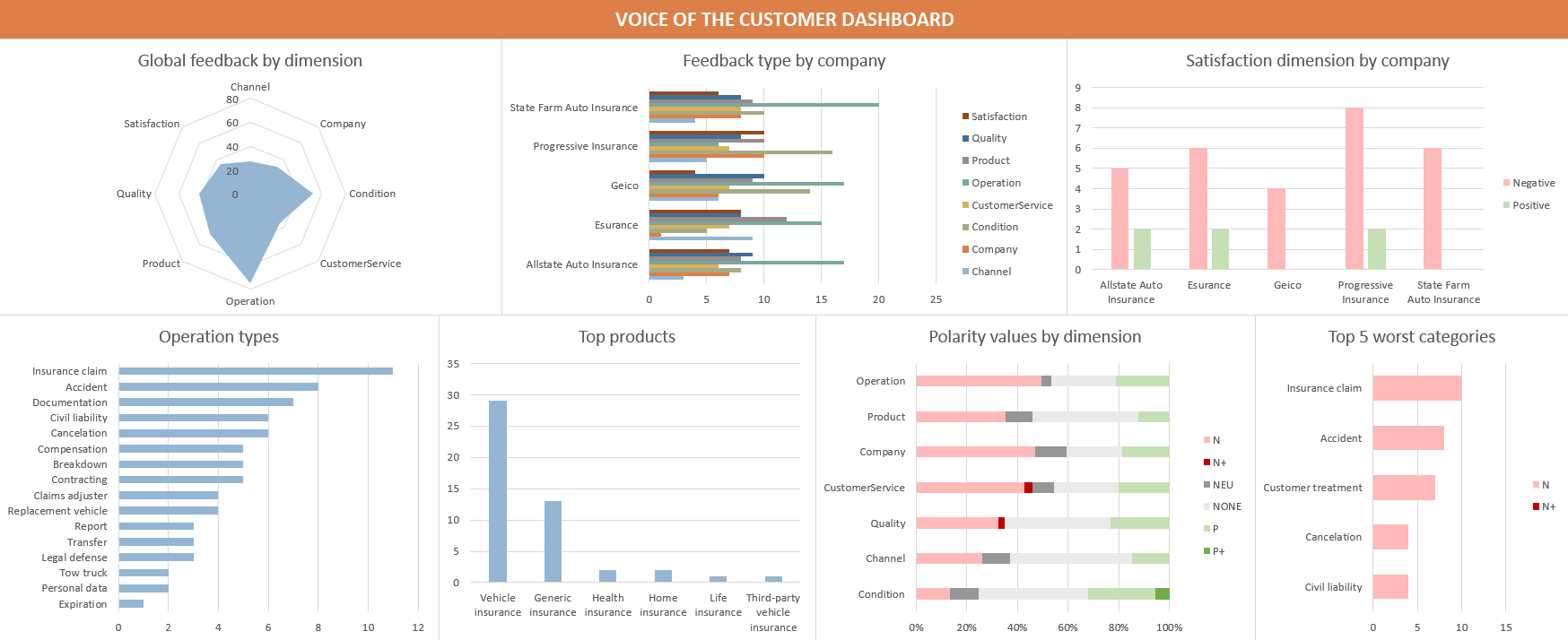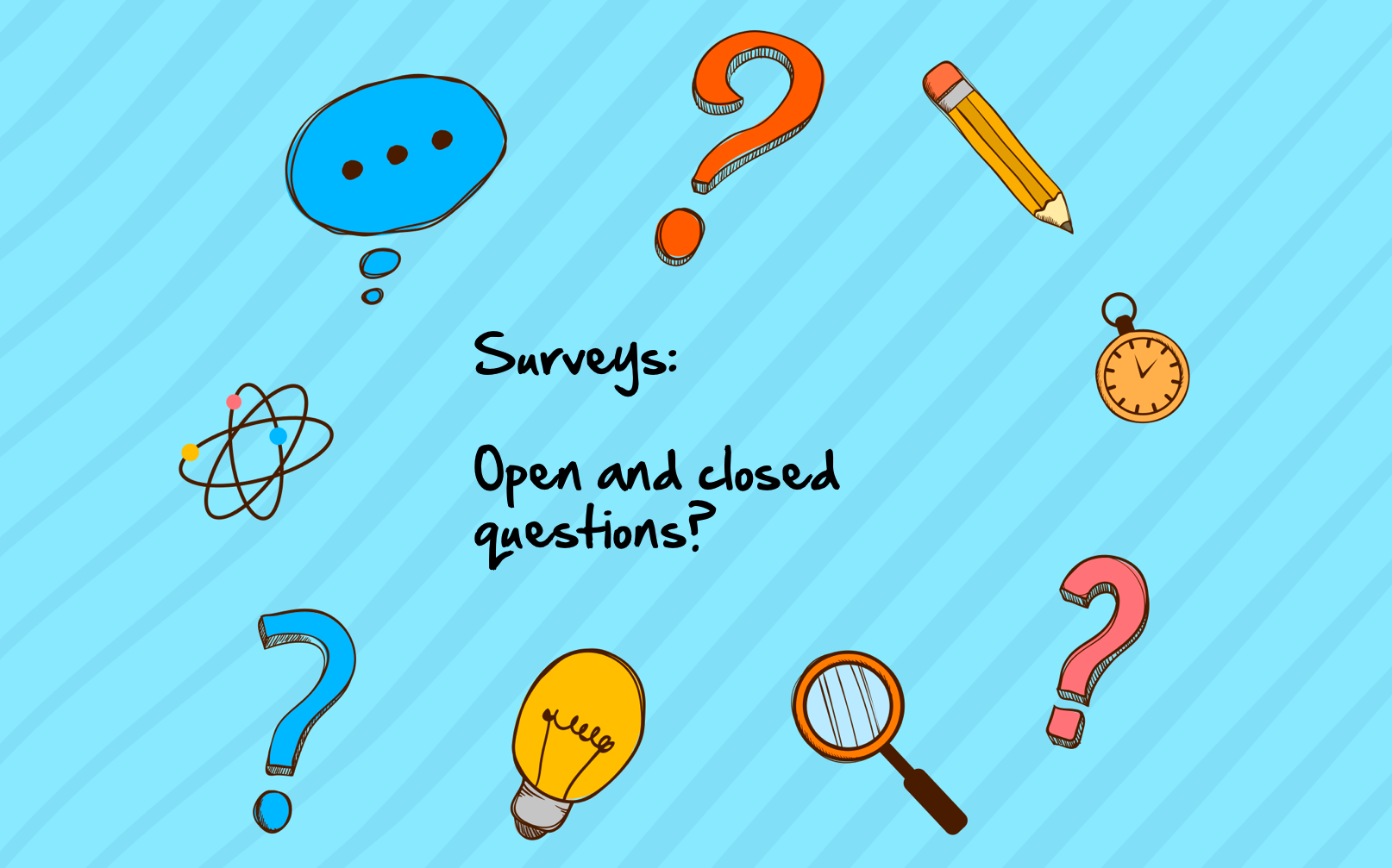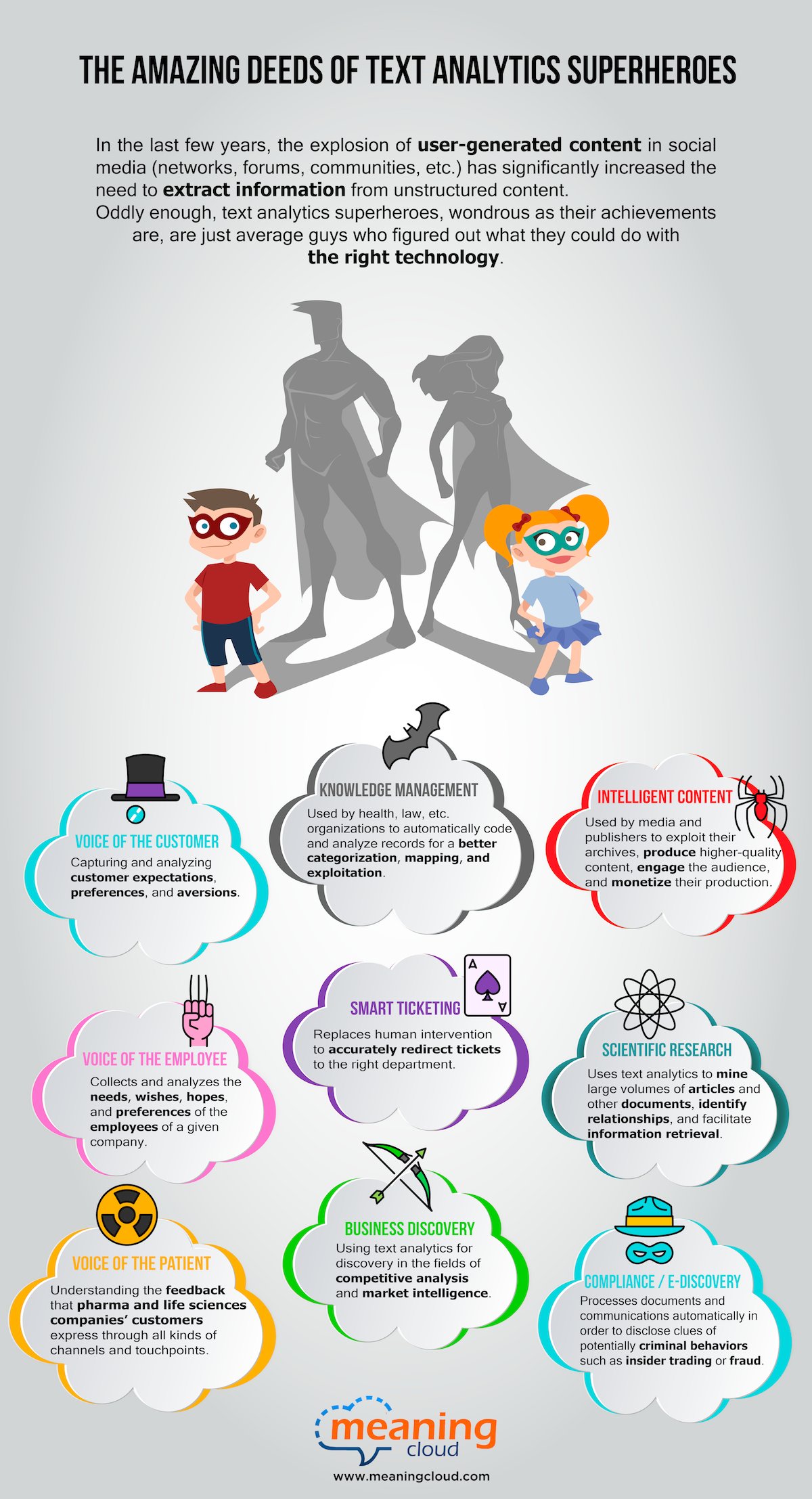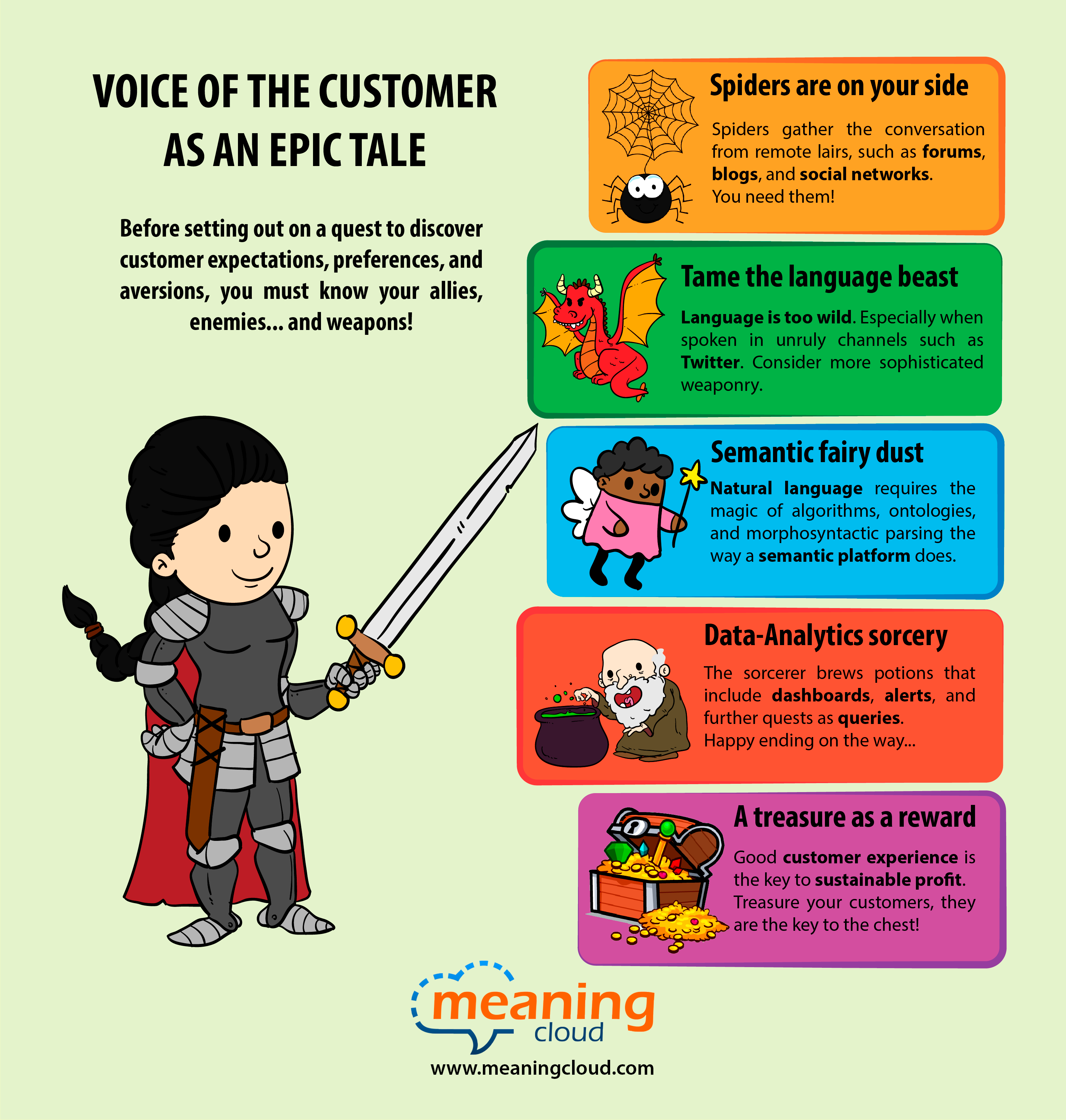Thank you all for your interest in our webinar “MeaningCloud Vertical Packs: the Fastest Way to Benefit from Text Analytics” that we delivered last December 20th, where we explained how to customize text analytics with only one click and we presented our Packs for the analysis of the Voice of the Customer and the Voice of the Employee.
During the session we covered these items:
- Introduction to text analytics and MeaningCloud.
- Why Vertical Packs? How they create value.
- What are the components of Vertical Packs: models, APIs, integrations.
- Available Packs: Voice of the Customer, Voice of the Employee.
- Case study: analysis of the Voice of the Customer.
- Coming developments: product roadmap
IMPORTANT: this article is a tutorial based on the demonstration that we delived and that includes the data to analyze and the results of the analysis.
Interested? Here you have the presentation and the recording of the webinar.
(También presentamos este webinar en español. Tenéis la grabación aquí.)
Continue reading








